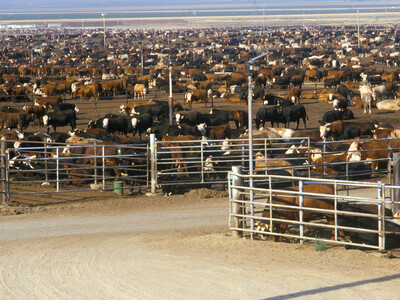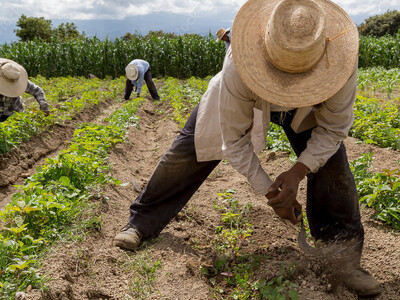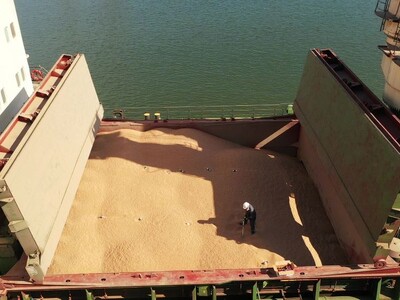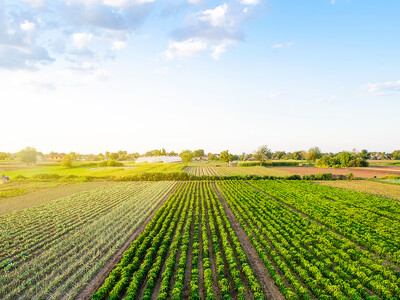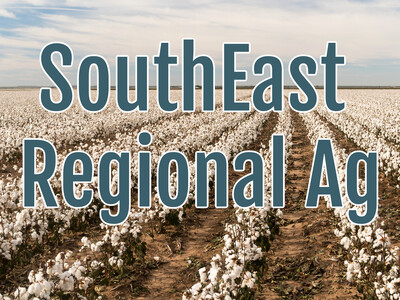Rural infrastructure
Some time ago Chris Scheffner of CoBank had this to say about rural infrastructure. There's new talk on Capitol Hill about improving US infrastructure and agriculture will be the biggest benefactor from infrastructure investments.Unlike other issues on Capitol Hill, infrastructure is one of the few nonpartisan issues in Washington. Both parties regularly share ideas on transportation, water, and broadband policy. At different times over the past three years, House and Senate leaders pledged support for putting infrastructure debates on the legislative calendar and the time is ripe for new, updated policy.
The infrastructure in America is rusting, crumbling and in need of upgrades and improvements. The American Farm Bureau is hopeful that Congress will get to work on legislation that'll authorize spending on badly needed improvements. AFBF economist Megan Nelson highlighted infrastructure priorities for farmers and their rural communities.
"Infrastructure as a whole is extremely important for agriculture. And connecting rural areas to the global economy is of utmost importance. So, in those terms, I would say broadband, ensuring that rural roads and bridges are able to handle agricultural equipment, and make sure that we’re still maintaining our competitive advantage when exporting agricultural products," said Nelson
Nelson says infrastructure improvements and upgrades would give U.S. farmers a competitive advantage against countries like Brazil in the world marketplace.
"Being able to ensure that our rural roads and bridges are able to carry certain loads and not break down and not have to cause extra time and costs. It’ll be really important. Additionally, to broadband, there’s an estimated $65 billion that rural areas could see annually if broadband was available at the demand levels," added Nelson.
Nelson says there would be tremendous economic benefits to having new broadband infrastructure in place.
"We really do think that we could see tremendous benefits with nearly $13.1 billion in annual benefits to row crops, and $13.3 billion to specialty crops, and nearly $21 billion is estimated to be benefitting livestock. And, that’s just with broadband alone. With roads and other connectivity, really it’s pretty limitless," said Nelson.
Infrastructure advocates contend that considering how long the projects we build last, the US should take the time to develop policies that will last too—advancing productivity, equity, and resilience for generations to come.




